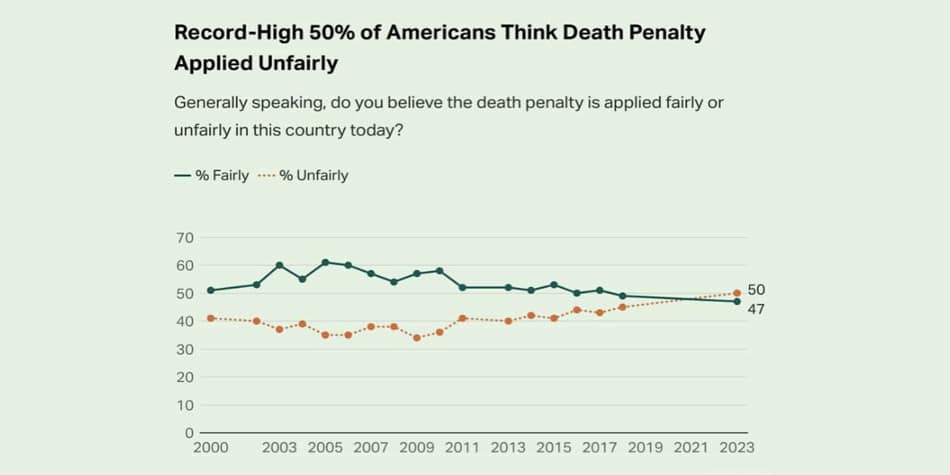
Connecticut increases momentum for abolition
Good news
The international trend away from the death penalty was cited by Connecticut Governor Dannel P. Malloy following the historic vote in the state’s legislature to end the use of capital punishment. “When I sign this bill, Connecticut will join 16 other states and almost every other industrialized nation in moving toward what I believe is better public policy.”
Both chambers of the state’s General Assembly (photo) have voted to repeal the death penalty, which has been used only once in the past fifty-two years, in the case of an inmate who chose to abandon his legal appeals and accept execution.
Close vote
The vote was close and tension-filled in the Senate last week, where the outcome was less than certain. The House of Representatives followed with a comfortable majority in favor of repeal after a nine-hour debate into the late hours of the night.
Governor Malloy has said that he would sign the bill into law as long as it was prospective only, leaving eleven men on death row. This provision is seen as an acknowledgement of the horrific 2007 triple murder of the family of Dr. William Petit, who has been outspoken against repeal and has the sympathy of all and the support of some legislators.
The votes were largely along party lines, with Democrats, who control both houses, mostly supporting repeal and Republicans mostly opposing.
The debates touched on what have become familiar themes in the US as states rapidly move toward ending the practice.
“Today is a dramatic and potentially historic day because the Senate has … an opportunity to correct the arbitrariness, the discrimination, the random haphazard approach to the application of our death penalty in this state.” Democratic Senator Eric Coleman, told The Hartford Courant newspaper.
Old history
Connecticut is one of the original thirteen colonies in America, with a history of use of the death penalty back to the 17th Century. But in this oldest region of the country, the northeast, only New Hampshire and Pennsylvania still have capital punishment.
This latest rejection of the controversial practice of state killing is part of a growing national trend in the US that reflects the international trend away from the death penalty.
In the past few years, New Jersey, New Mexico and Illinois have all achieved legislative repeals, and New York’s highest court has invalidated that state’s capital punishment law.
Looking to California next
The next big prize may be California, the largest state, with by far the largest death row – over 720 people awaiting death.
The SAFE California initiative is poised to be qualified for the November 6 statewide ballot. California has executed thirteen people in the modern era of capital punishment, at a total cost of over $4 billion, according to a recent report by Judge Arthur Alarcon and Professor Paula Mitchell.
SAFE California, which is supported by a coalition of law enforcement professionals, victims’ family members, exonerees, religious groups and human rights organizations, would commit $100 million to solving unsolved serious crime. The state’s death penalty now costs about $184 million per year..
In California, 46% of homicides and 56% of reported rapes are unsolved. Replacing the death penalty with life in prison without possibility of parole is widely seen as a way to improve public safety.







